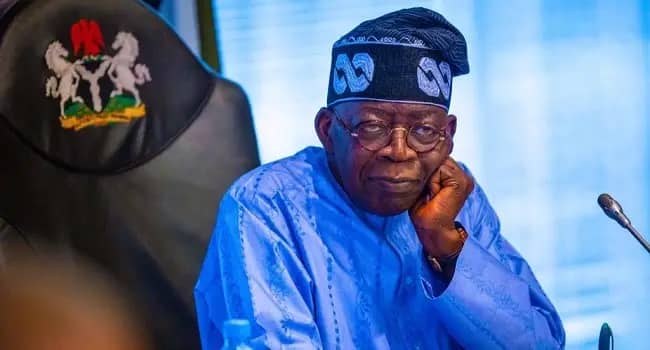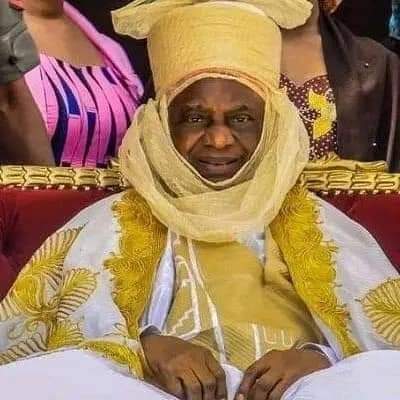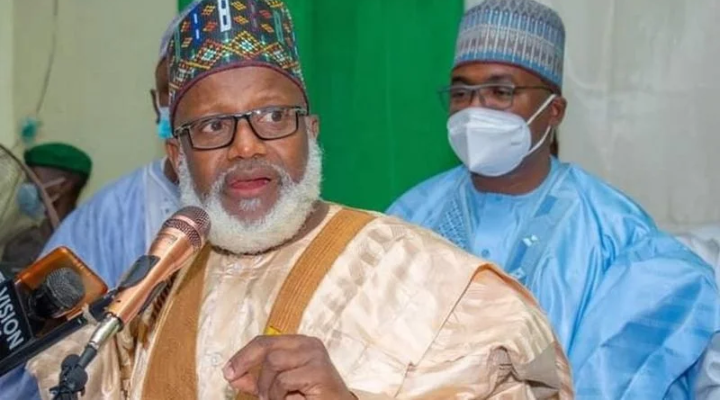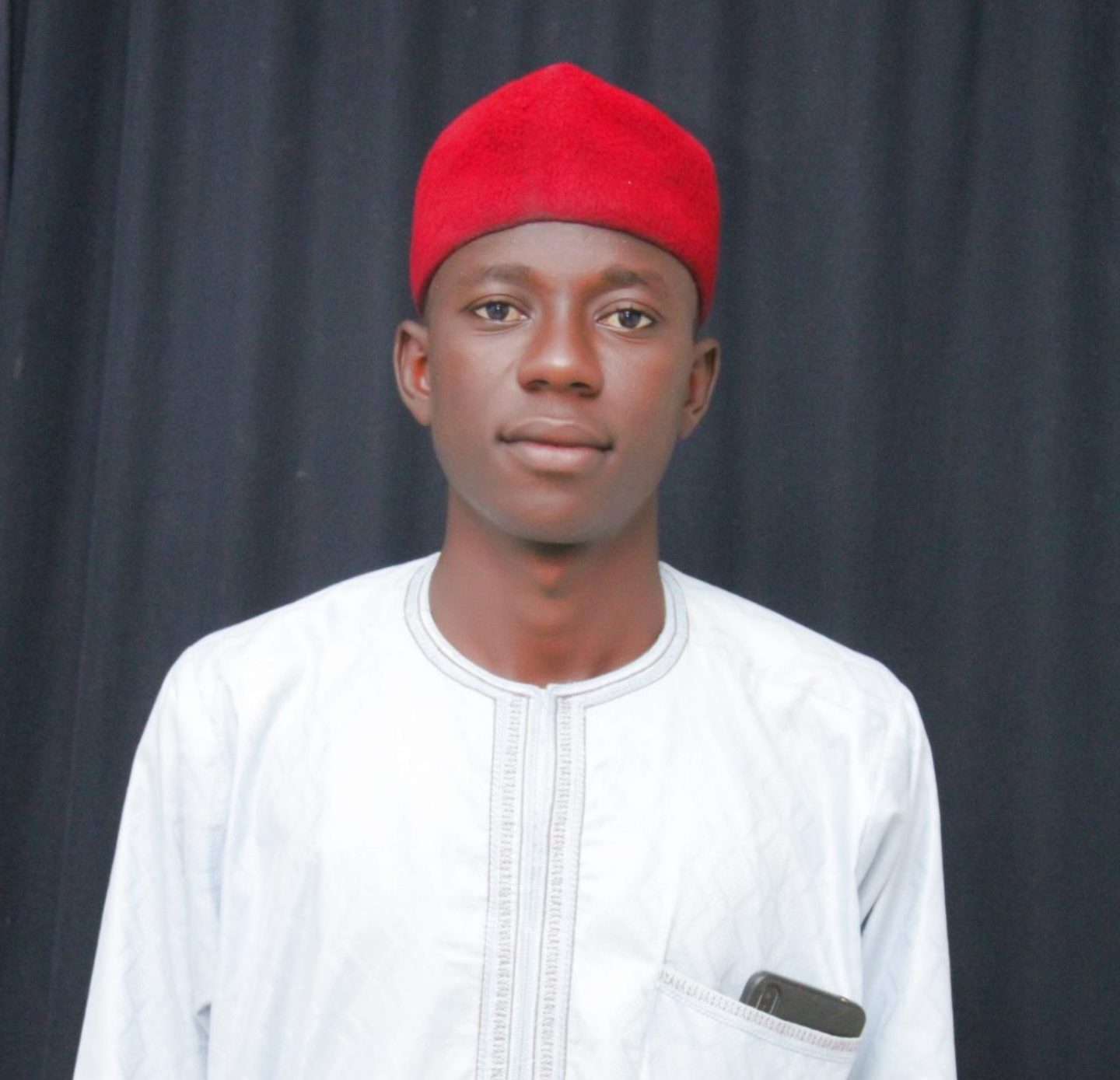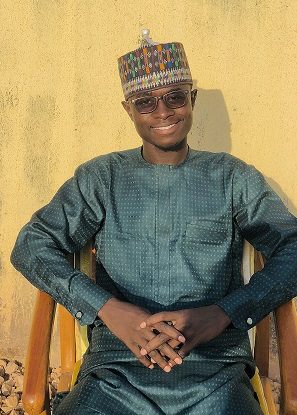Northern groups urge Nigerians to disregard “sponsored protests” against FG
By Uzair Adam Imam An amalgamation of pro-democracy groups from the 19 Northern states, operating under the banner of Arewa Initiative for Defence and Promotion of Democracy, has dismissed recent…
